
Human Resource Management Ugc-Net (Paper Ii & Iii) ₹1,250 ₹875
Save: 30%

Sufi Lyrics ₹499 ₹374
Save: 25%
A Comparative Study Of Regional Autonomy Models In Jammu And Kashmir
Publisher:
Gyan Books
| Author:
Showkat Ahmad
| Language:
English
| Format:
Hardback
₹640 ₹480
Save: 25%
In stock
Ships within:
1-4 Days
In stock
| Weight | 372 g |
|---|---|
| Book Type |
ISBN:
Category: Politics/Government
Page Extent:
186
ABOUT THE BOOK: Jammu and Kashmir is a heterogeneous state with varied geographical regions and subregions, representing different climates, flora and fauna. People possess different ethnic backgrounds, profess different faiths, follow different cultural traditions and speak different languages. What is more significant is that people living in these regions are yet to attain a uniform level of economic development. The internal politics of the state, marked by intra regional tensions, has influenced the attitude of the people on the question of their external affiliations. In each of the three regions of the state, Kashmir valley, Jammu and Ladakh, a different attitude on the issue of accession can be clearly noticed from the very day of the state’s accession to India. A sort of local nationalism has developed in all the three regions of the state. People’s alienation from the national identity has been constant problem in Kashmir since long. They tend to give more importance to ethno religious and regional identities than to considerations of unified state and the nation. The present work provides a scholarly understanding of the nature of intraregionalism and its framework for resolution. It also explores the way out for the larger issue of Kashmir problem while emphasizing the internal dynamics of Kashmir politics.
Be the first to review “A Comparative Study Of Regional Autonomy Models In Jammu And Kashmir” Cancel reply
Description
ABOUT THE BOOK: Jammu and Kashmir is a heterogeneous state with varied geographical regions and subregions, representing different climates, flora and fauna. People possess different ethnic backgrounds, profess different faiths, follow different cultural traditions and speak different languages. What is more significant is that people living in these regions are yet to attain a uniform level of economic development. The internal politics of the state, marked by intra regional tensions, has influenced the attitude of the people on the question of their external affiliations. In each of the three regions of the state, Kashmir valley, Jammu and Ladakh, a different attitude on the issue of accession can be clearly noticed from the very day of the state’s accession to India. A sort of local nationalism has developed in all the three regions of the state. People’s alienation from the national identity has been constant problem in Kashmir since long. They tend to give more importance to ethno religious and regional identities than to considerations of unified state and the nation. The present work provides a scholarly understanding of the nature of intraregionalism and its framework for resolution. It also explores the way out for the larger issue of Kashmir problem while emphasizing the internal dynamics of Kashmir politics.
About Author
ABOUT THE BOOK: Jammu and Kashmir is a heterogeneous state with varied geographical regions and subregions, representing different climates, flora and fauna. People possess different ethnic backgrounds, profess different faiths, follow different cultural traditions and speak different languages. What is more significant is that people living in these regions are yet to attain a uniform level of economic development. The internal politics of the state, marked by intra regional tensions, has influenced the attitude of the people on the question of their external affiliations. In each of the three regions of the state, Kashmir valley, Jammu and Ladakh, a different attitude on the issue of accession can be clearly noticed from the very day of the state's accession to India. A sort of local nationalism has developed in all the three regions of the state. People's alienation from the national identity has been constant problem in Kashmir since long. They tend to give more importance to ethno religious and regional identities than to considerations of unified state and the nation. The present work provides a scholarly understanding of the nature of intraregionalism and its framework for resolution. It also explores the way out for the larger issue of Kashmir problem while emphasizing the internal dynamics of Kashmir politics.
Reviews
There are no reviews yet.
Be the first to review “A Comparative Study Of Regional Autonomy Models In Jammu And Kashmir” Cancel reply
[wt-related-products product_id="test001"]


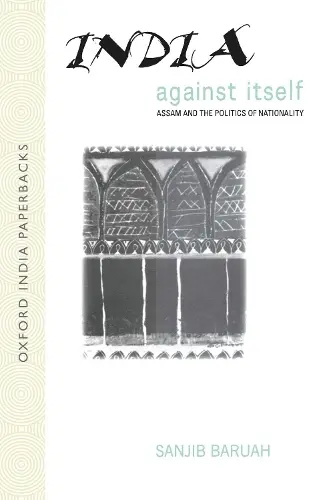

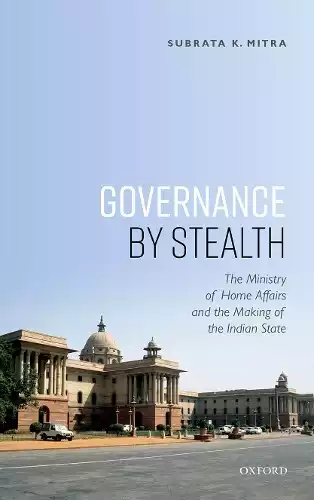
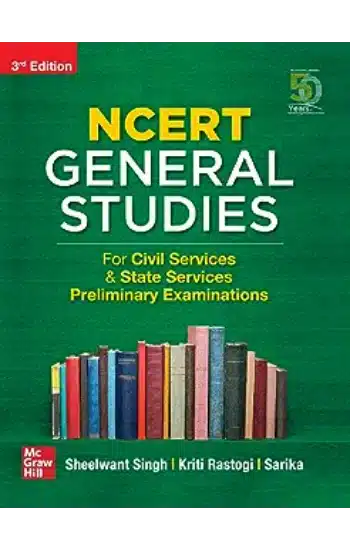

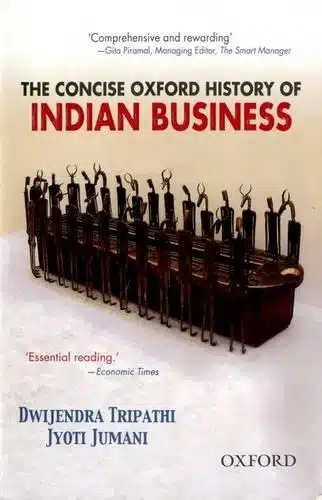

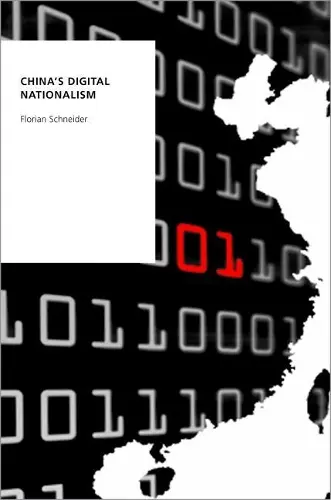
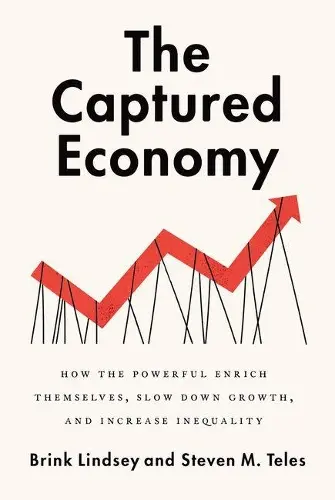

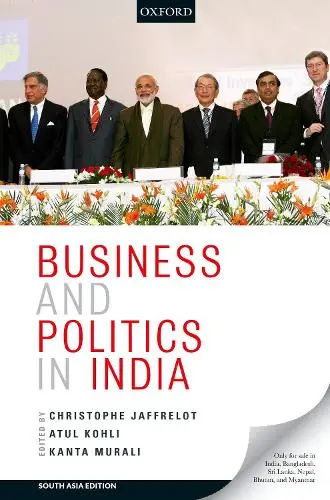






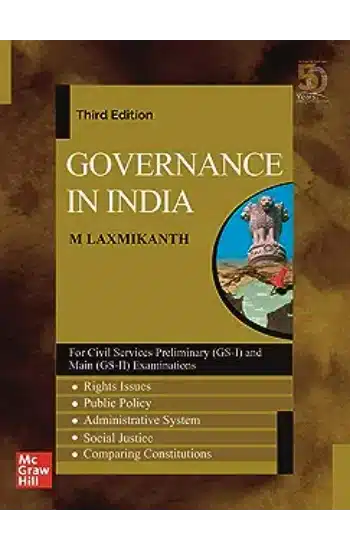


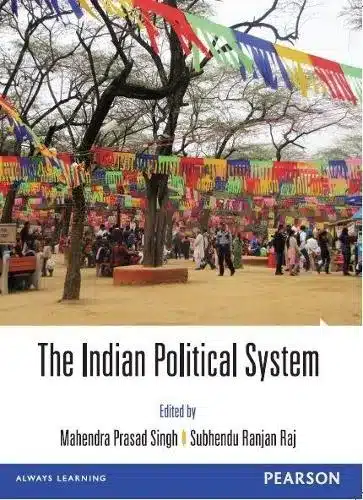
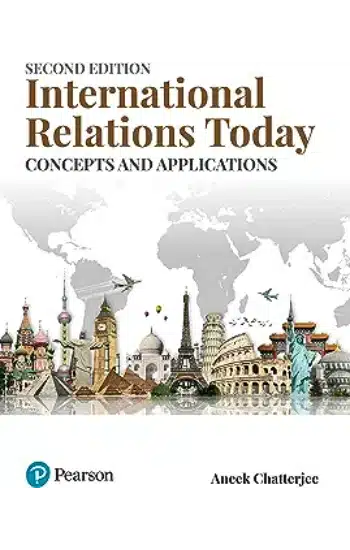
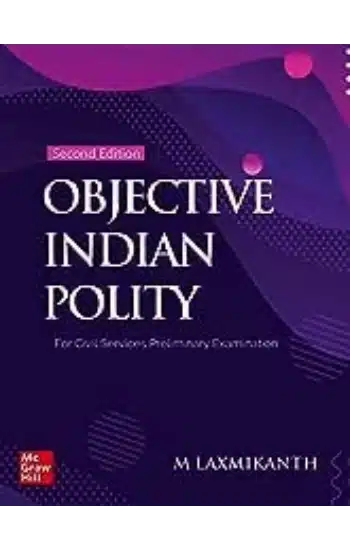
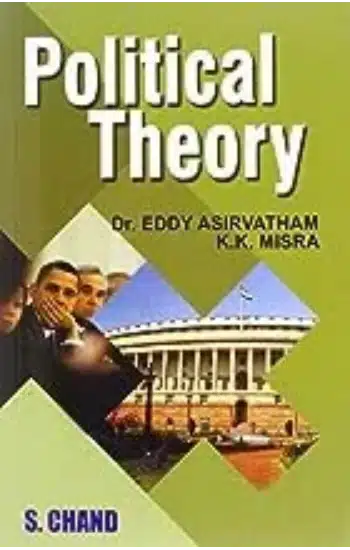
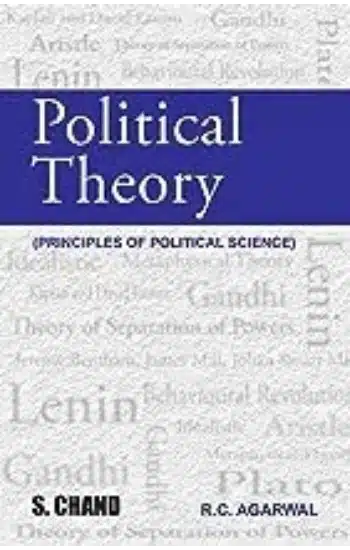
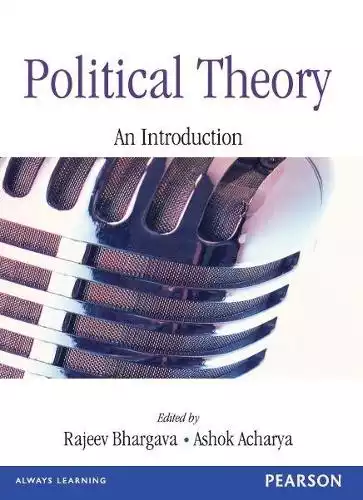




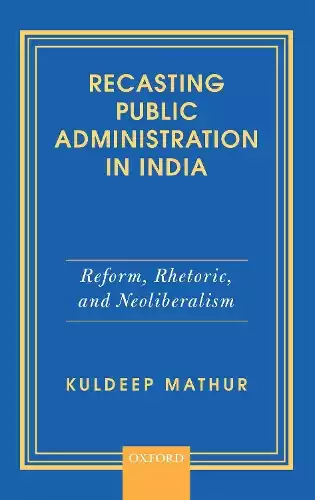
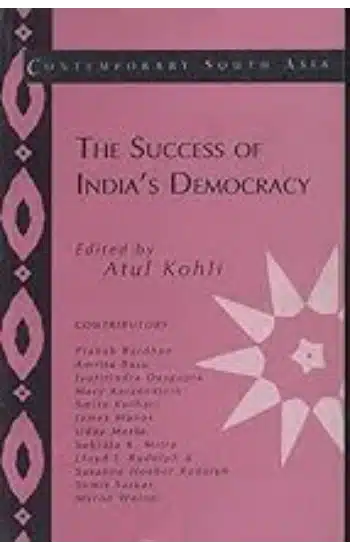

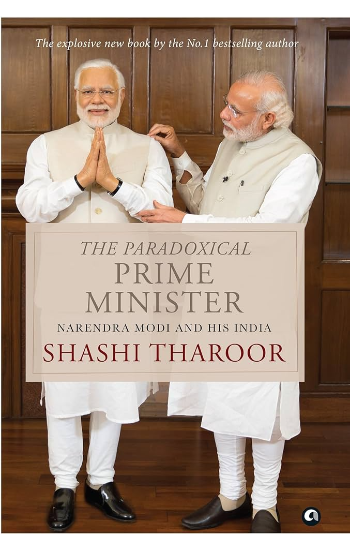


Reviews
There are no reviews yet.